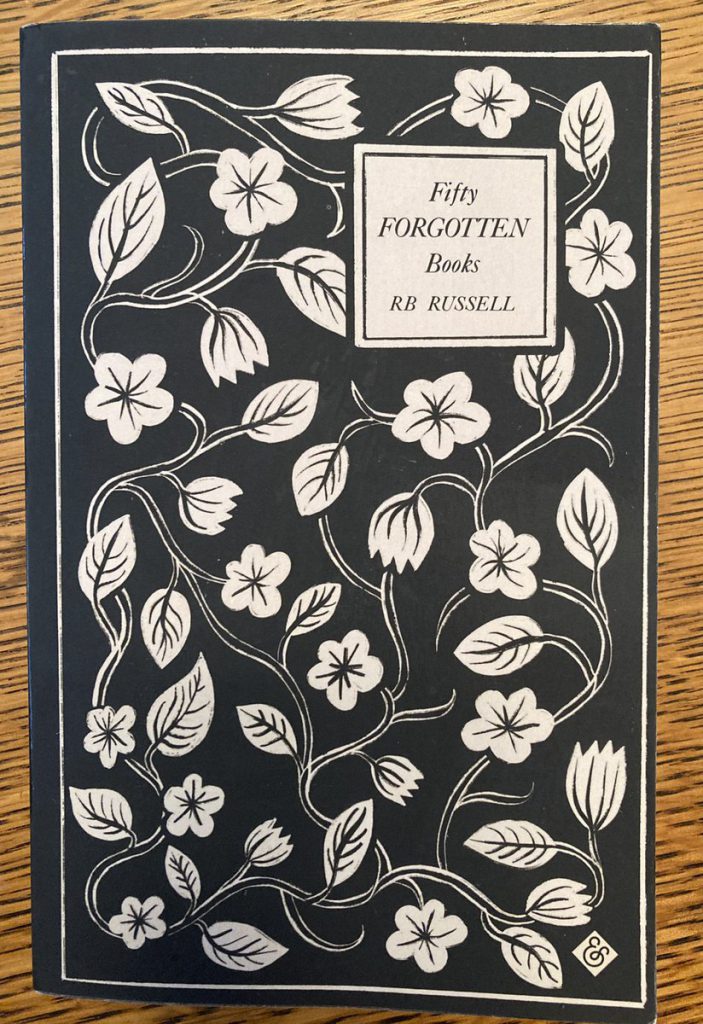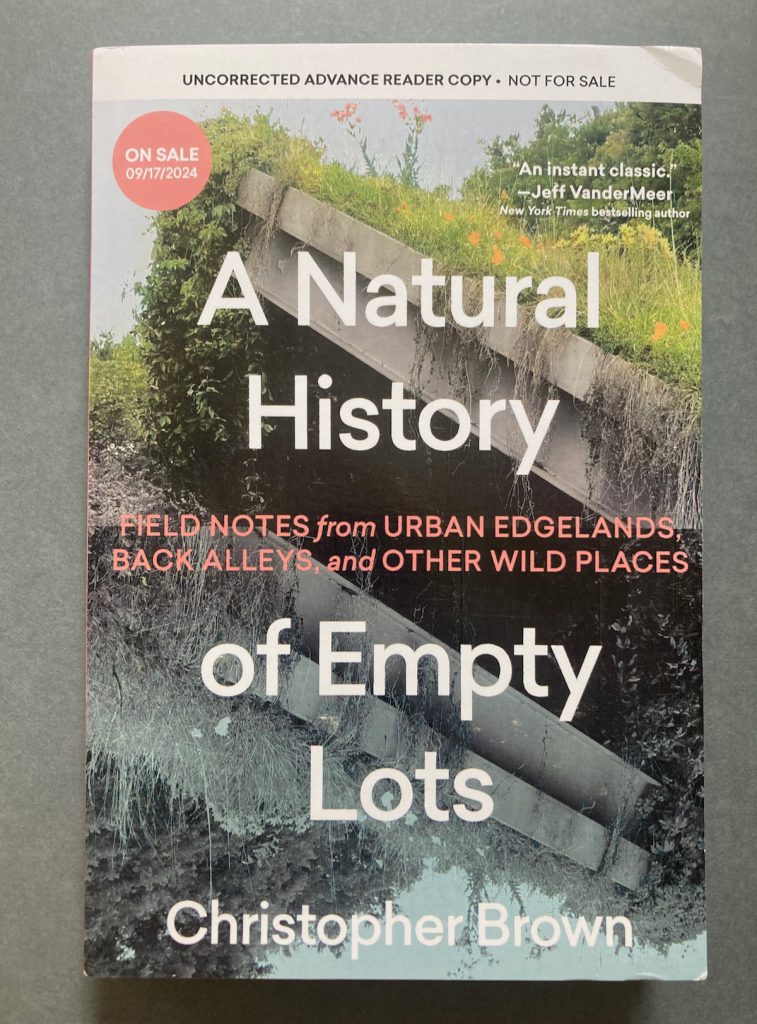
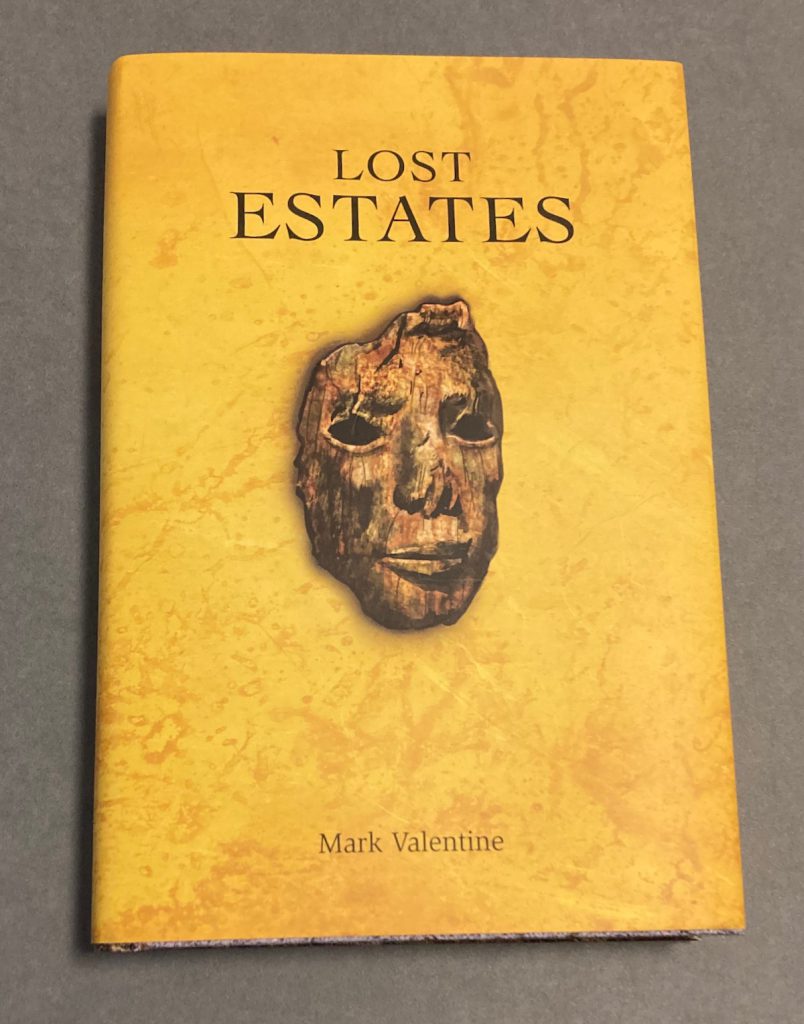
Collection of a dozen stories, four unpublished, including the excellent title story.
Collection of twenty-nine essays and vignettes, including pieces on Arthur Machen, A. J. A. Symons, M. R. James, and lesser known figures from the “curious alleys and byways” of literature and folklore. Fifth volume in his series of collected essays.
Collection of poems.
— John Clute. The Book Blinders. Annals of Vandalism at the British Library : A Necrology. Illustrated. Norstrilia Press, [2024].
I wrote a notice, here :
https://endlessbookshelf.net/2024/03/24/the-book-blinders-by-john-clute/
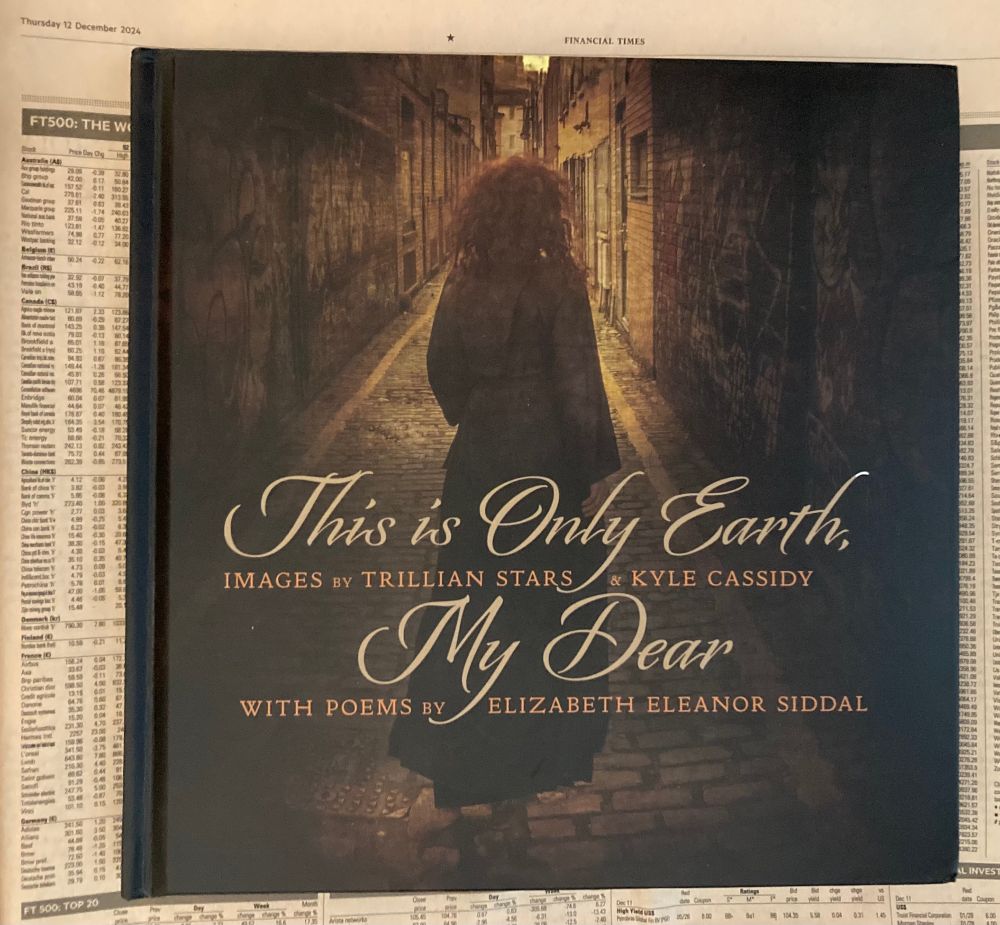
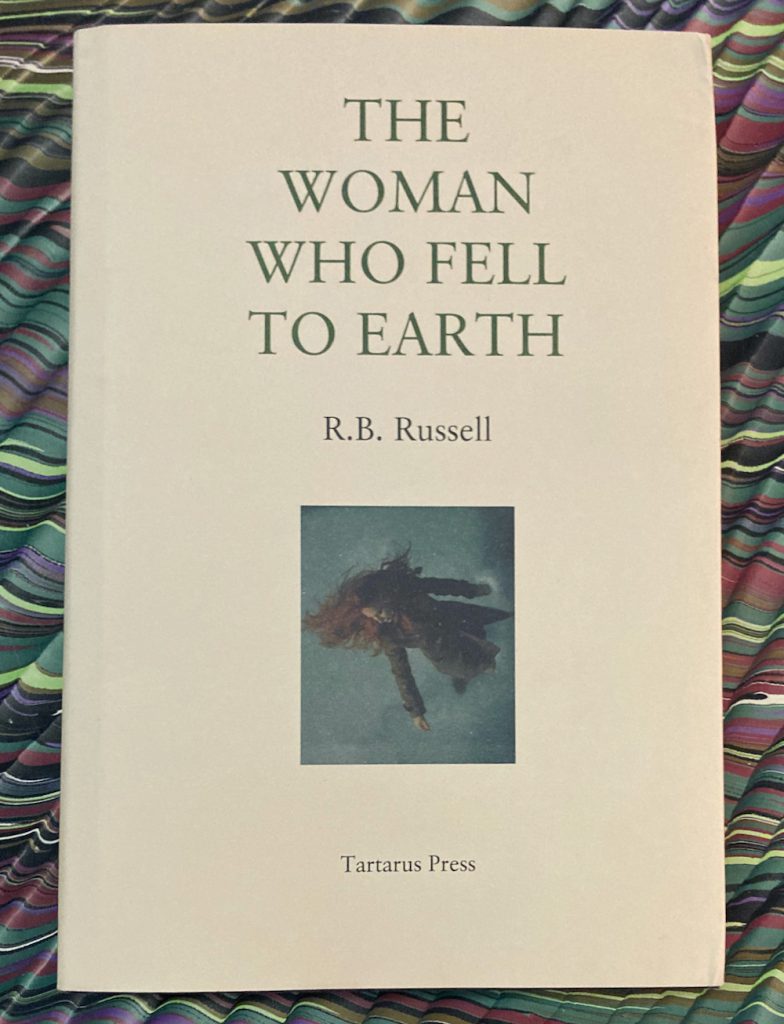
A wild short novel of doublings, tricks of memory, serious ontological ambiguities, and the perils of close involvement in the life and writings of a neglected author. Tanya and Caroline were friends from university days, though Caroline had become reclusive after her husband’s death. Caroline, literary executor of one hit wonder and horror novelist Cyril Heldman, had resurrected his name and formed an online community of readers (we see a bit too much of the hostile behavior that such small stakes games can provoke). Caroline gets back in Tanya’s life when she lands on Tanya’s roof: a corpse fallen from the empty sky. At the heart of the novel is and a house in Wales where time stands still, and the the Sixtystone, the object from Arthur Machen’s “Novel of the Black Seal”, which confers dangerous powers upon those in proximity. The resolution is deeply shocking, sudden and unexpected and seamlessly integrated into the narrative, even if some of the interesting implications are not fully explored. The ending is restorative and curiously cozy, almost pastoral.
2024 is the centenary of Melville’s Billy Budd, and there have been many phases in the year-long celebration. The catalogue of the Grolier Club show is well worth looking for. I was delighted to be a panelist on the symposium organized in connection with the exhibition. These events prompted me to publish A Melville Census, a bibliographical work looking at the last two books published in Melville’s lifetime : https://temporary-culture.com/product/henry-wessells-melville-census/#310899
It also prompted me to go back to primary sources, and and so on a recent visit to the Lilly Library I re-read John Marr, a book of ghosts and roll-call of the dead. The whole book speaks to Billy Budd, especially the quip of Captain Turret, “submission is enough”. De Vere was not so sensible an officer. There are other things I noticed which will require more time to contemplate ; these thoughts will show up in an essay sometime.

